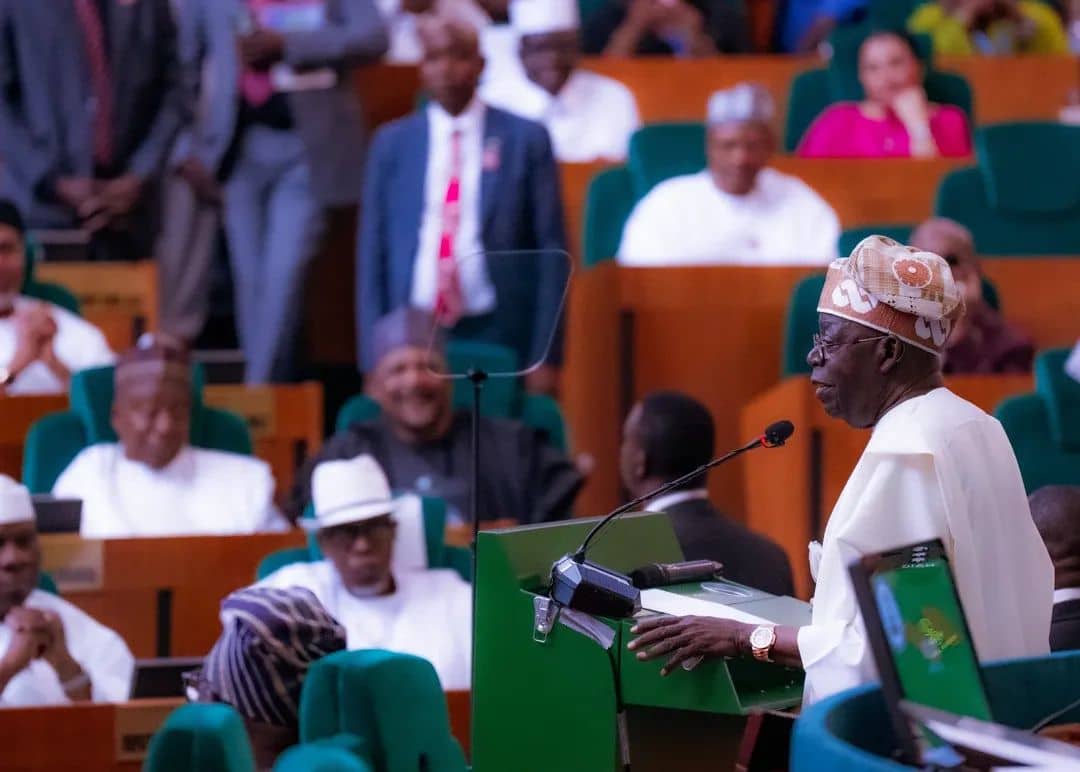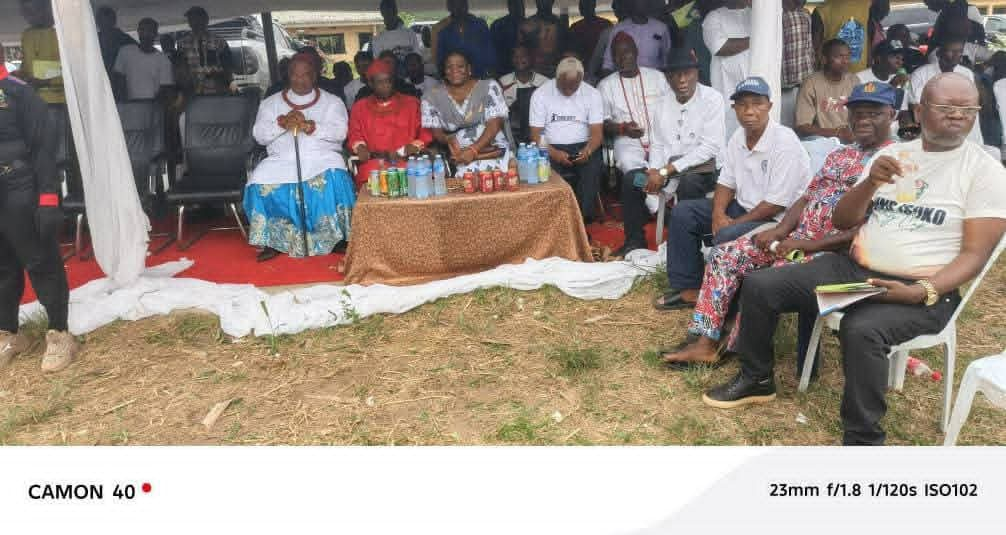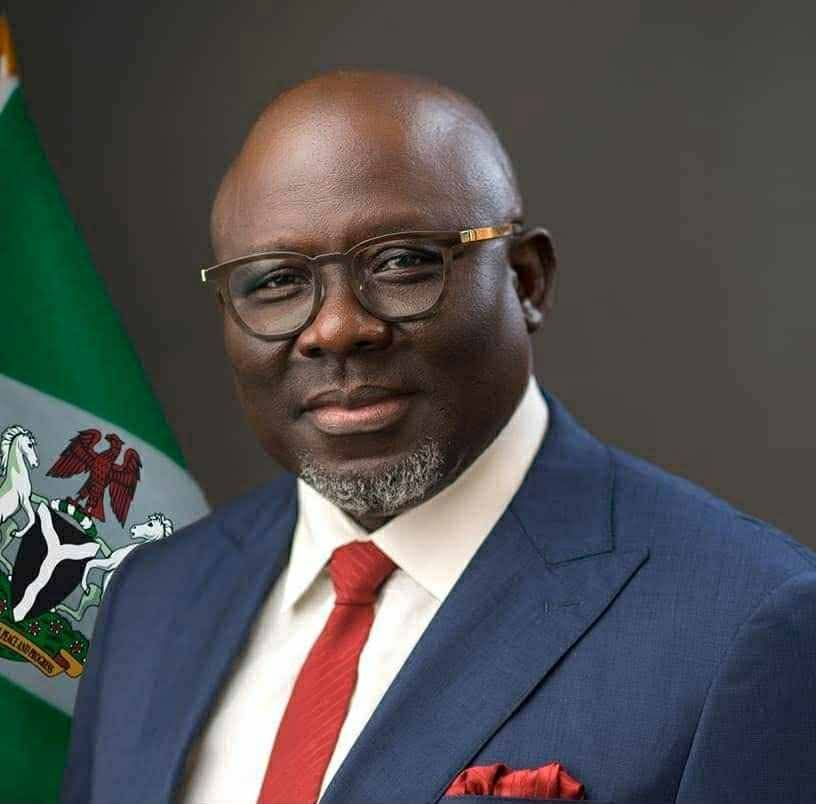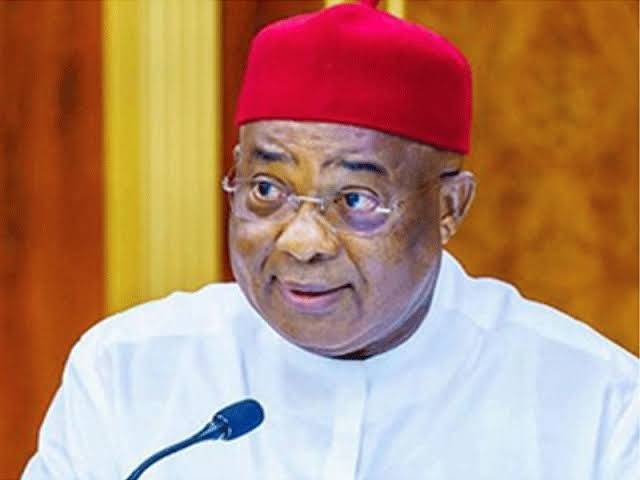By Swill Mavua
In Nigeria’s current political landscape, the African Democratic Congress (ADC) is positioning itself as a third force, aiming to offer an alternative to the ruling All Progressives Congress (APC) and other established parties. The ADC’s emergence is seen by its leaders as a potential pathway to Nigeria’s redemption, focusing on rescuing the country from what they perceive as misgovernance by the current ruling party.
The ADC’s key objectives include rescuing Nigeria from current challenges such as insecurity, economic decline, and widespread discontent. ADC leaders like former Minister, Idris Umar, and ADC National Secretary, Rauf Aregbesola, emphasize the party’s mission to achieve this. The party’s National Chairman, David Mark, stresses the need to return power to Nigerians through a leadership that prioritizes the people’s welfare over political gain. The ADC is framing itself as a credible alternative with a focus on competence, inclusion, and compassion, differing from the ruling APC’s governance track record.
The party is also counting on the key figure of Peter Obi, and the prospects of his nationwide youth followership. But here the new coalition may likely run into murky waters, if Obi is not given the presidential ticket. His youthful followership, who are, obviously, the most vocal and vibrant political activists in the country presently, will not bargain for anything less. And for that matter, it’s not absolutely certain if he has jumped ship from the Labour Party. And, by his body language, he seems to have assured his followers that he would be on the presidential ticket in the 2027 elections.
But there seems to be a contending question that comes with the issue of Obi. What role is Abubakar Atiku playing in this, and what is his political interest in this coalition? He’s known to be a serial presidential contestant, and appears determined to still pursue his ambition of becoming president under this new coalition. What does this portend for the ADC and the various interest blocks that are in the coalition? Or will he be altruistic enough to drop his ambition and work for another candidate? The answer here, may likely influence the overall cohesion of the party.
For the ADC to achieve its goal of leading Nigeria’s redemption, it must settle on a consensus candidate for unity among coalition members to be crucial for success in the 2027 elections. Leveraging widespread economic discontent and engaging youth energy could boost the party’s appeal. Building credible local chapters and maintaining discipline within the party are essential for transforming the ADC into a national movement.
The ADC’s emergence as a third force in Nigerian politics represents a potential shift in the country’s political dynamics. With leaders emphasizing the need for a people-focused leadership and a departure from the status quo, the party’s success will depend on its ability to mobilize support and present a compelling alternative, competent leadership.













Leave a Reply